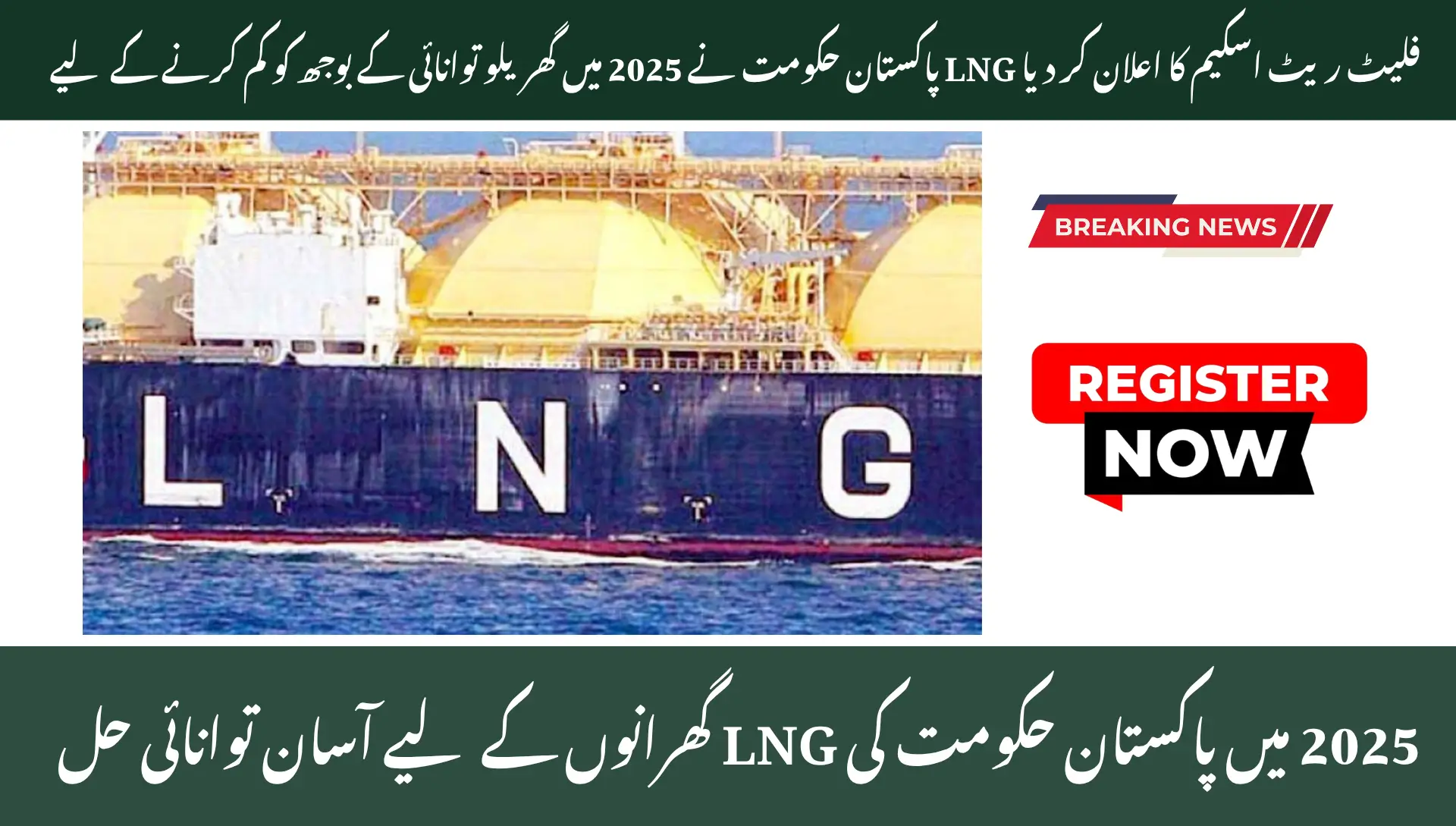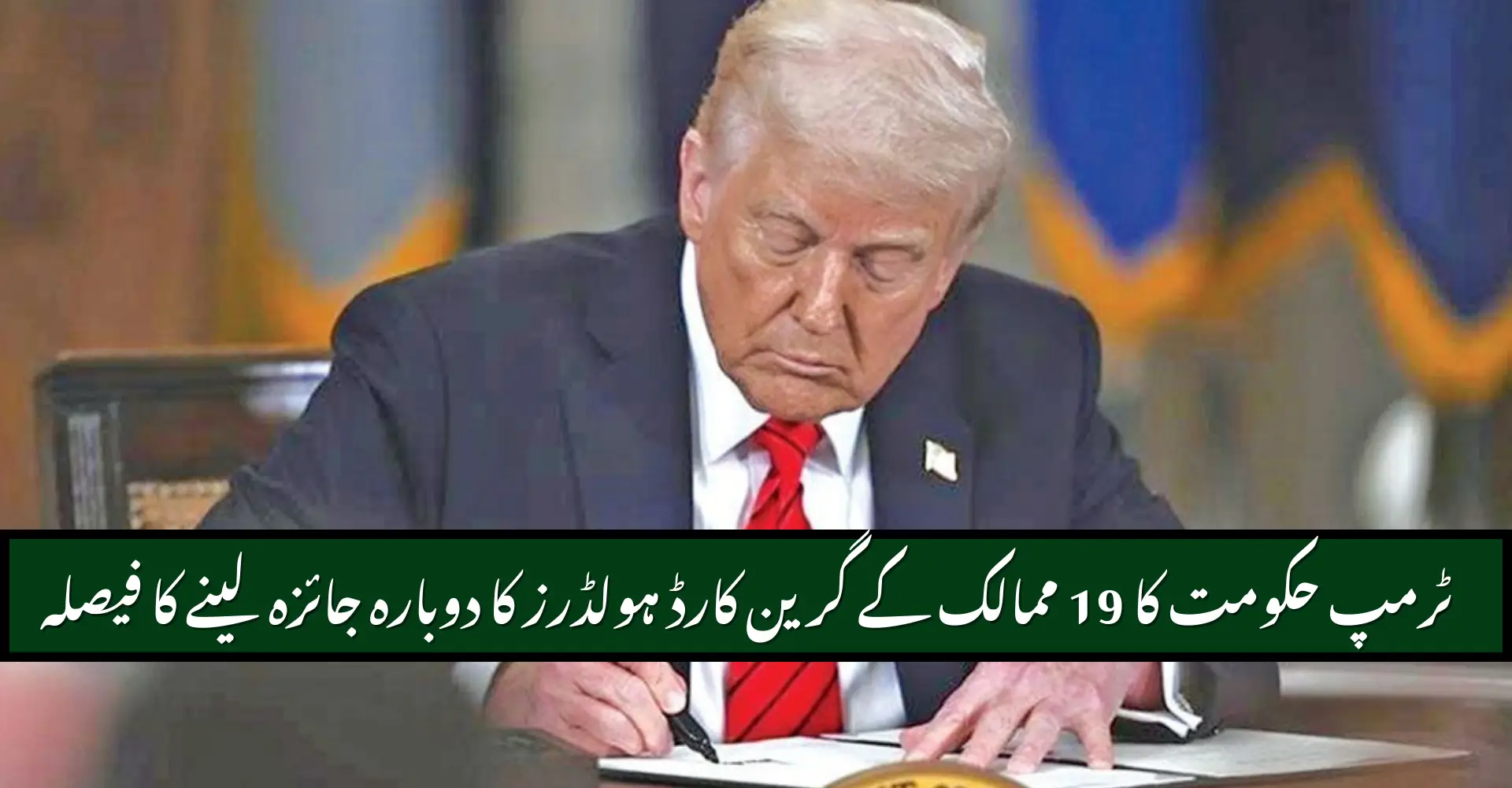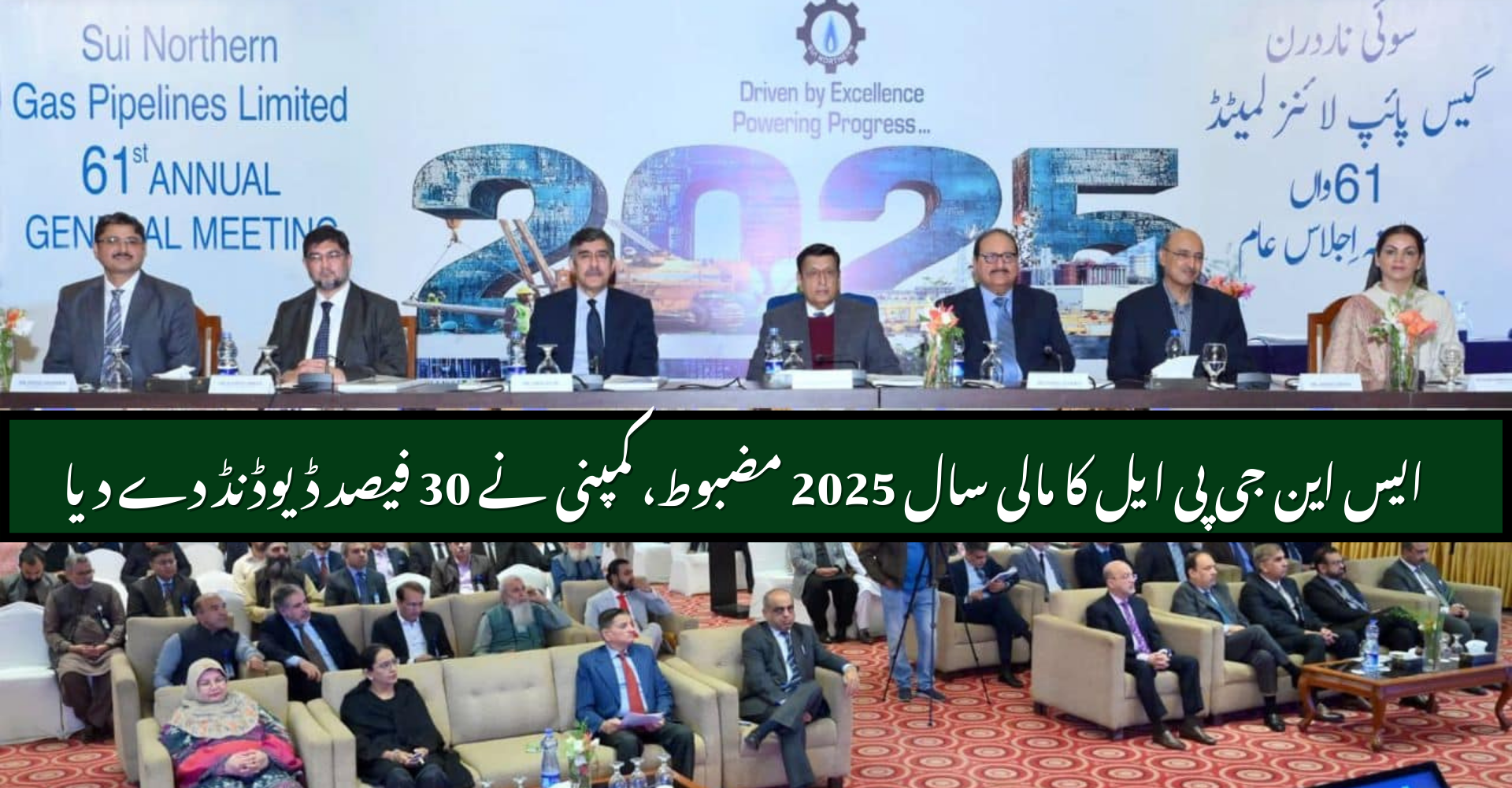Pakistan Govt Announces LNG Flat Rate Scheme to Ease Energy Burden on Families in 2025. The Pakistan government has announced a new LNG flat rate scheme in 2025, aiming to ease the energy burden on domestic families. This policy ensures a predictable, transparent, and affordable billing system, helping households access clean energy efficiently. With fluctuating global LNG prices, this initiative promises stability and convenience for millions of consumers nationwide.
Background of the New LNG Flat Rate Policy
The energy sector in Pakistan has faced significant challenges, including supply shortages, high domestic fuel costs, and dependence on traditional fuels like wood and kerosene. To address these issues, the federal government has introduced reforms to promote environment-friendly, efficient, and reliable energy sources.
Liquefied Natural Gas (LNG) has emerged as a key component of this energy strategy. The new flat rate policy is designed to provide relief to domestic consumers, streamline billing, and pave the way for long-term sustainability in Pakistan’s energy sector.
Key Features of the LNG Flat Rate Policy
The government’s LNG flat rate scheme introduces several consumer-friendly measures:
1. Elimination of Slab Rates
- Previous billing systems charged consumers differently based on consumption slabs.
- Under the new policy, all LNG consumers pay a single flat rate, regardless of usage.
- This simplifies bills and ensures fairness for low and high-volume consumers.
2. Minimum Monthly Bill
- A minimum bill of Rs 1,900 per month is established.
- Every household using LNG must pay this amount, ensuring sustainability of LNG supply.
3. Bills Calculated Monthly Based on International LNG Prices
- Domestic LNG bills will reflect international market trends.
- Prices adjust according to global LNG rates and the current USD exchange rate, providing transparent pricing.
4. Approval of New Domestic Connections
The policy also facilitates the expansion of LNG infrastructure:
| Feature | Benefit |
|---|---|
| New LNG connections | Areas without natural gas supply gain access to clean energy |
| Reduced fuel dependency | Less reliance on wood, coal, kerosene |
| Environmental impact | Reduced pollution and promotion of clean energy use |
| Consumer convenience | Easier access to energy with a predictable monthly bill |
Pricing Strategy: Aligned with Global Trends
One of the most innovative aspects of the LNG flat rate scheme is its reliance on international market dynamics:
- LNG prices will be transparent and responsive to global supply-demand changes.
- Consumers benefit when global LNG rates decrease, as reductions will be passed directly to domestic households.
- The government ensures price stability, minimizing financial pressure on citizens.
Government Promises to Domestic Consumers
The federal government has emphasized consumer protection under this scheme:
- Price reductions in international LNG markets are automatically applied domestically.
- Consumers enjoy predictable billing, enabling better household budgeting.
- A stable energy supply reduces reliance on alternative, polluting fuels.
This approach underscores Pakistan’s commitment to energy accessibility, environmental sustainability, and financial fairness.
Infrastructure Expansion & Benefits
The new flat rate policy encourages strategic infrastructure development:
- Clean Energy Accessibility
- Areas previously deprived of natural gas can now access LNG.
- Energy Efficiency
- Reduced dependence on traditional fuels contributes to long-term energy conservation.
- Environmental Protection
- Lower use of wood, coal, and kerosene decreases air pollution and promotes green energy solutions.
- Household Convenience
- Consumers enjoy reliable monthly bills, which simplifies energy management at home.
Analysts’ Opinions on LNG Flat Rate Policy
Experts believe that the LNG flat rate scheme will significantly impact domestic energy consumption patterns:
- Predictable Billing: Families no longer worry about sudden spikes in gas bills.
- Affordable Energy: Reduced costs for households, especially low-income families.
- Energy Market Transparency: Pricing tied to international trends fosters trust in the energy sector.
- Promotion of Clean Energy: Encourages households to adopt LNG over traditional fuels, reducing carbon footprint.
Comparative Analysis: LNG Flat Rate vs Traditional Slab System
| Feature | Traditional Slab System | LNG Flat Rate Policy 2025 |
|---|---|---|
| Billing Method | Multiple slabs based on consumption | Single flat rate for all consumers |
| Minimum Bill | None | Rs 1,900 per month |
| Pricing Basis | Domestic fuel costs | Global LNG prices + USD rate |
| Consumer Predictability | Low | High |
| Environmental Impact | Higher pollution due to alternative fuels | Lower pollution, promotes clean energy |
| Infrastructure Support | Limited | Expansion of domestic connections |
Benefits for Households
The LNG flat rate scheme provides tangible benefits to domestic consumers:
- Financial Relief: Helps households manage budgets more effectively.
- Convenience: Simple and predictable billing system.
- Energy Security: Reliable supply ensures uninterrupted domestic use.
- Environmental Benefits: Cleaner energy alternatives reduce indoor and outdoor pollution.
Implementation and Monitoring
The government has outlined a robust monitoring framework to ensure smooth implementation:
- Monthly Billing Updates: Bills will be calculated every month based on global LNG trends.
- Consumer Feedback Mechanisms: Hotlines and online portals allow households to report issues.
- Transparency Measures: All billing and price adjustments are publicly available for scrutiny.
FAQs
1. What is the minimum LNG bill under the new flat rate policy?
The minimum monthly bill for domestic LNG consumers is set at Rs 1,900 regardless of usage.
2. How are LNG prices determined under this scheme?
Prices are calculated based on international LNG market trends and the current USD exchange rate, ensuring transparency and fairness.
3. Will global LNG price decreases benefit domestic consumers?
Yes, any reduction in global LNG rates will be directly passed on to domestic consumers, helping them save on energy costs.
4. Can households without natural gas access get LNG connections?
Yes, the government has approved new domestic LNG connections, providing access to households in previously underserved areas.
5. How does this policy promote environmental sustainability?
By encouraging LNG use over wood, coal, or kerosene, the policy reduces pollution and promotes clean energy adoption.
Conclusion
The Pakistan government’s LNG flat rate scheme 2025 is a landmark initiative that promises financial relief, convenience, and clean energy access for domestic households. By linking prices to global LNG trends, providing minimum bills, and approving new connections, the policy addresses both economic and environmental challenges.














